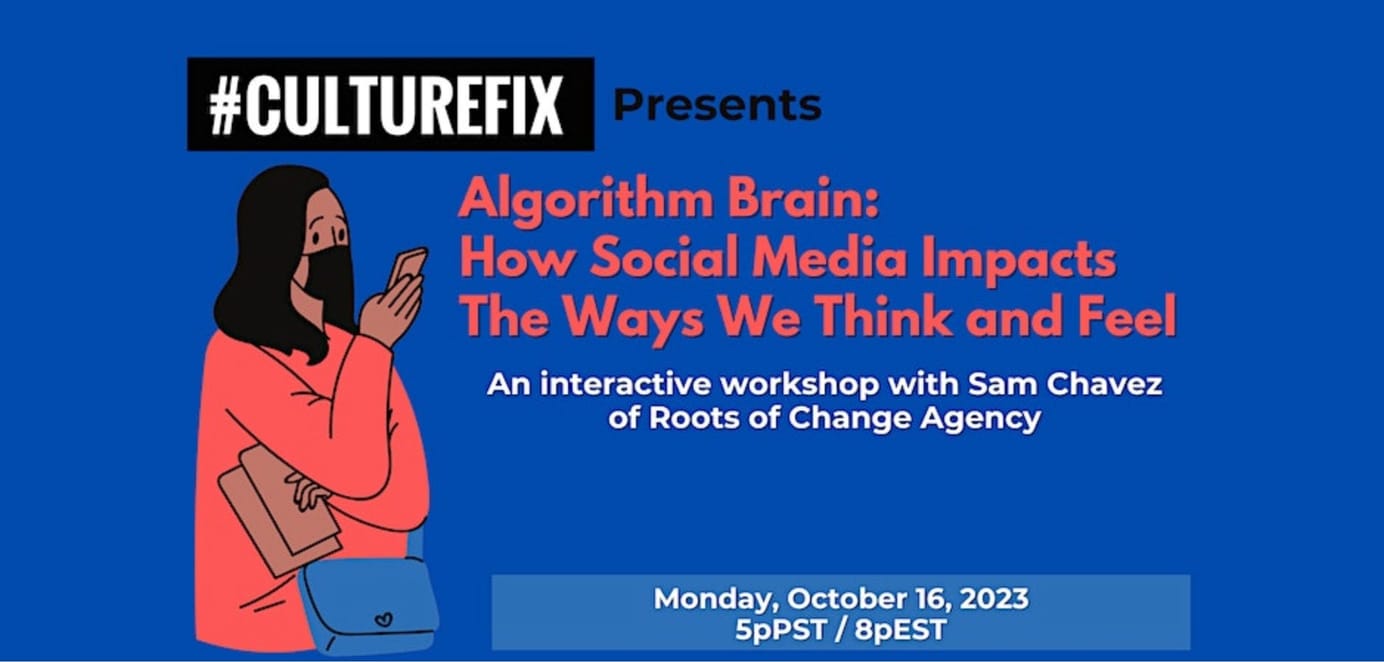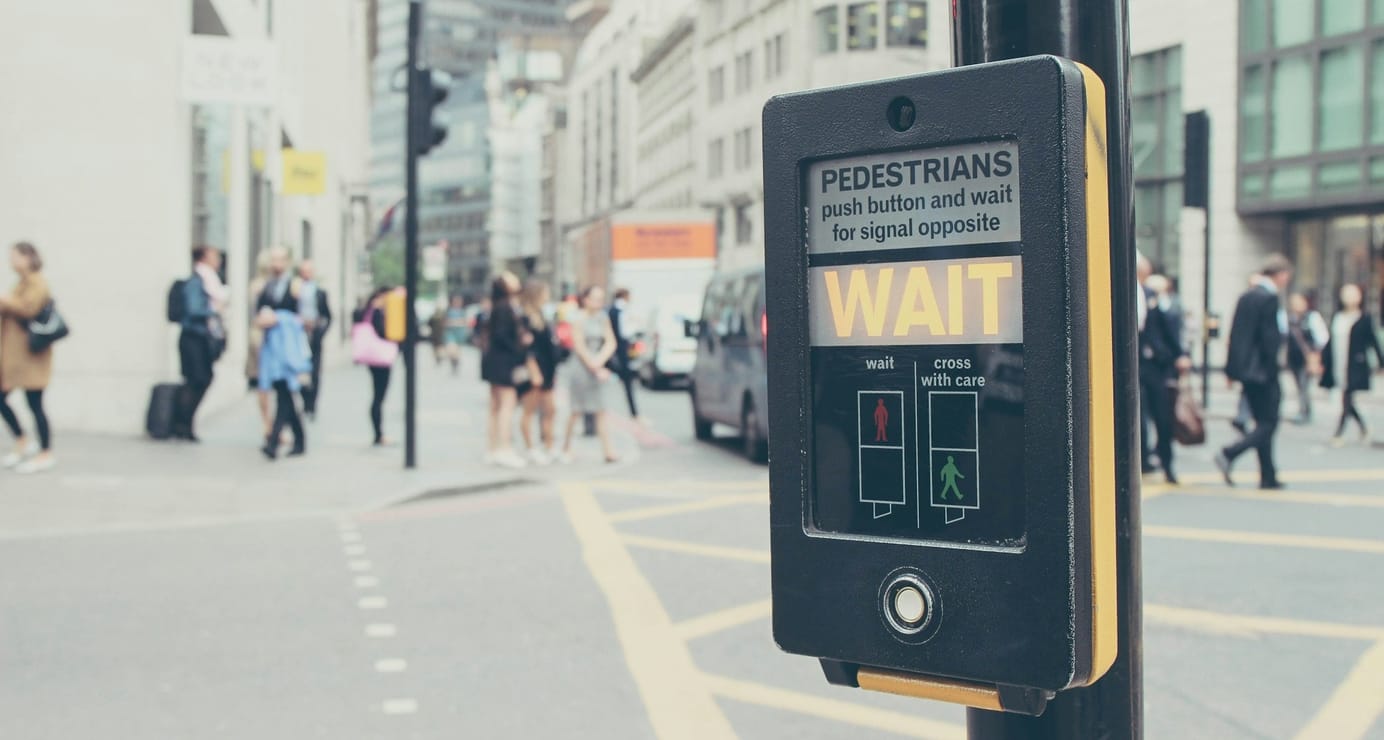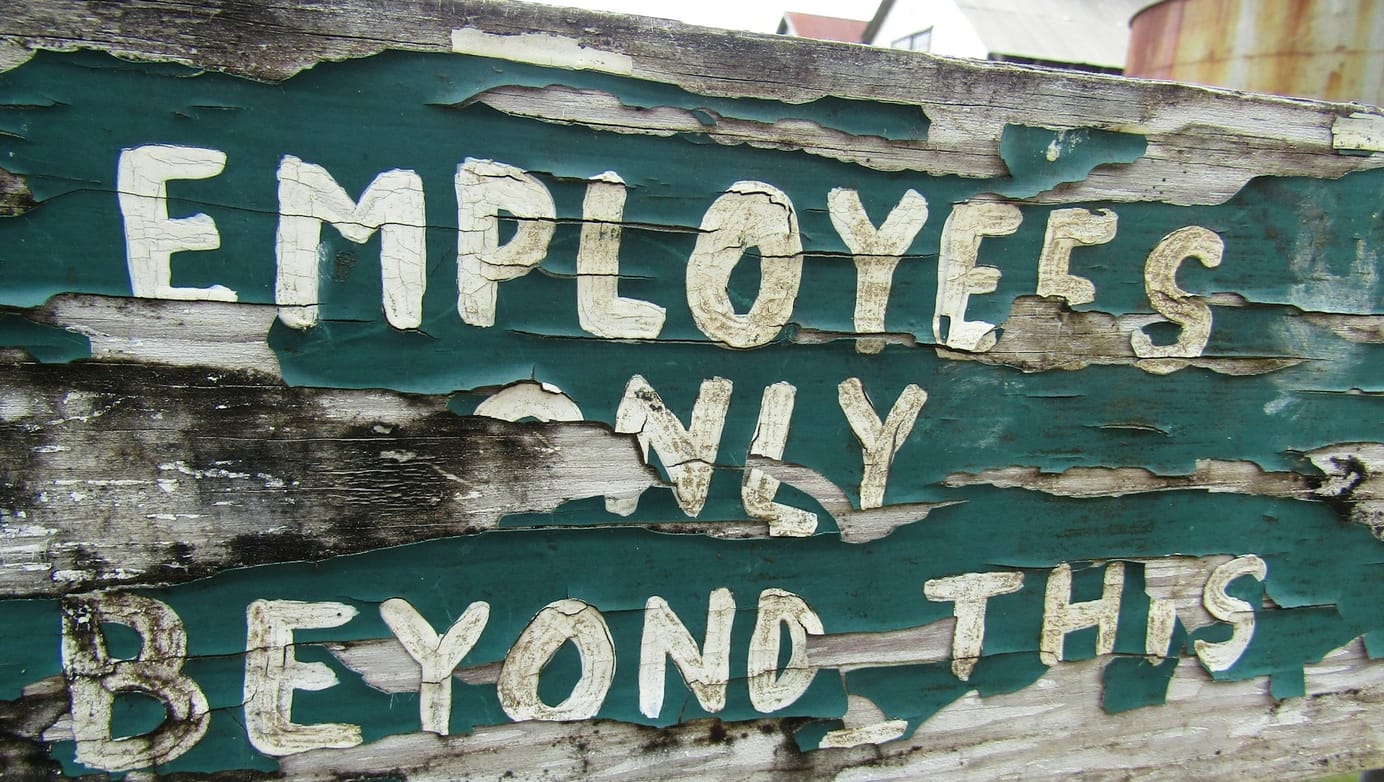
🌱 Algorithm Brain | How the Social Media Algorithms Impact How We Think & Feel
Join me next Monday for an interactive workshop to reshape our relationship with social media both individually and collectively
Table of Contents
🤓 Bite-Sized Knurd: I’m leading a #CultureFix workshop next Monday to give us the tools and understanding to change our relationship with social media and build collective action towards change. I hope you can join!
Do you want to change your relationship to social media?
At the beginning of the year, I covered how social media companies toy with our emotions to extract as much profit as possible.
I wrote the series in a moment when I was questioning my own relationship to social media. I felt like I was sending out content into the abyss without getting the connection I was really seeking. It was exhausting to try to get the good parts of social media without also getting the harmful parts. And this was before Twitter had completely imploded in front of our eyes under the weight of Musk’s ego!
Since then, the guardrails of social media feel like they’ve fallen off a cliff ‘Back to the Future III’ style, but I’ve also built practices so I would have a better relationship with social media.
- While the idea of content moderation has been thrown out the window on most social platforms, I’ve disengaged from some toxic places (ahem, Twitter). To support my mental wellbeing (who doesn’t love misogynist trolls!?), I find my news elsewhere now.
- Despite the platform's efforts to suppress progressive views, I’ve found a community on LinkedIn that builds up and supports each other. (Because calling out white supremacy is the real problem right, LinkedIn?)
- I allow myself more permission to not “always be on” and to have days where I don’t touch my phone if I can help it.
Remember a time before social media?
As a digital marketing expert for almost 15 years, I am intimately aware of the dangers of social media. These dangers, which have only gotten worse, are hard on everyone’s mental health. Depression and anxiety rates aren’t just a Gen Z problem, they’re on the rise globally.
Social media is now so embedded into our daily routines, that it’s hard to remember that we lived differently not too long ago. It’s especially hard for us to recognize the slow creep that social media has played on us. Social media algorithms have learned so well that they know exactly how to keep us engaged whether it is healthy for us or not.
Social media has profoundly influenced our society and how we behave so much that it is almost invisible.
We can and should build healthy practices with social media. Progressives are faced with constant headwinds to have their views heard in the face of the overwhelming narrative of white supremacist capitalist patriarchy (read more). This weekend’s coverage of international affairs is a real-time example of how hard it is for advocacy groups and activists to get helpful information to the public.
In our current world, progressives have to do two things at once: we have to communicate to create change while protecting our energies. (Ginger Rogers would be a great activist! 💃🏼 )
On Monday, I hope to teach you how to “dance backward in high heels,” or more specifically, how to build practices for a healthy relationship with social media.
Join Me on Monday!
If you're feeling that strain with social media, join me next Monday for a workshop to empower ourselves and reshape our relationship with social media individually and collectively.
#CultureFix: How Social Media Algorithms Impact The Ways We Think & Feel
- When: Monday, October 16 @ 5pm PST/8pm EST
- Where: On Zoom
- Tickets start at $8
Can’t attend, but know this might be valuable for your friends or colleagues? Forward this email to them!
🌱 the roots of change newsletter 📚 Newsletter
Join the newsletter to receive the latest updates in your inbox.







